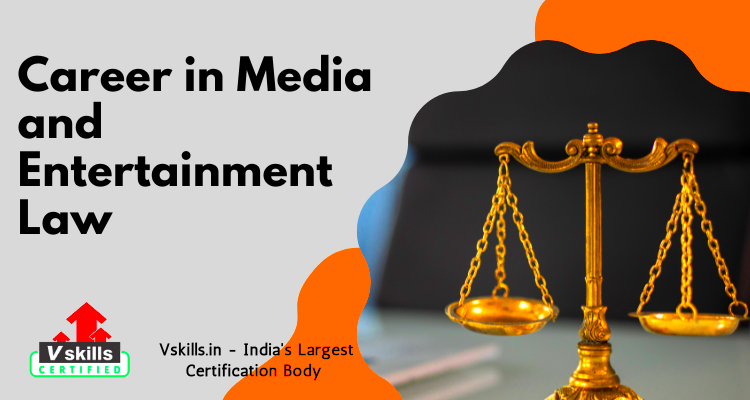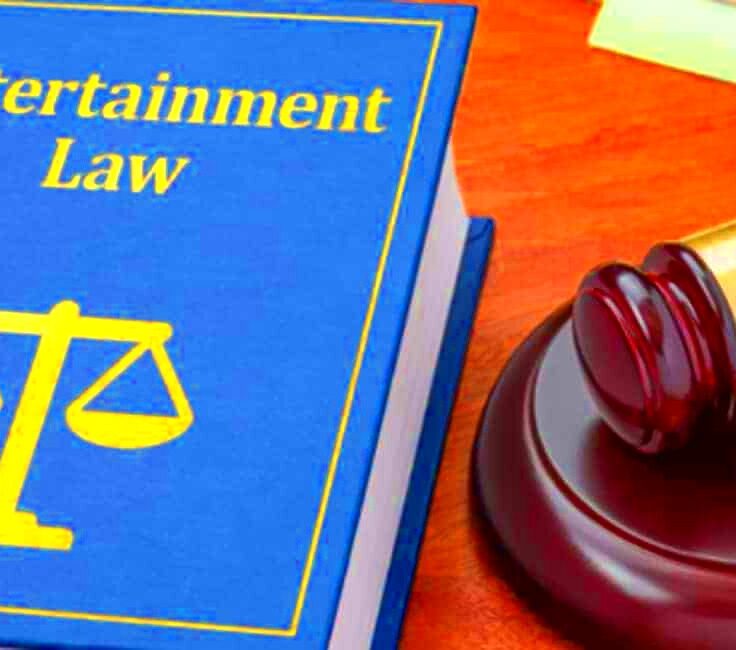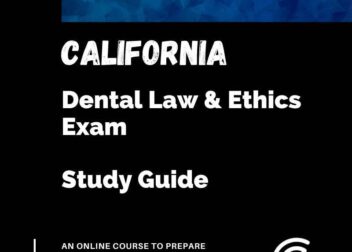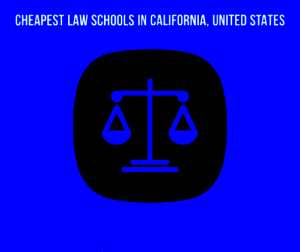Entertainment Law CLE: Advancing Your Legal Career
Entertainment law is a unique area of law that deals with the legal issues surrounding the entertainment industry. This includes various fields such as music, film, television, theater, and digital media. Understanding entertainment law is essential for anyone looking to build a career in this vibrant sector. It covers a range of topics including copyright, contracts, licensing, and rights management.
One of the core components of entertainment law is intellectual property. This area protects the creative works of artists and creators. It ensures that their ideas, songs, scripts, and performances are not exploited without permission. Here are some critical aspects of entertainment law:
- Copyright Law: Protects original works and grants creators exclusive rights to their use.
- Contract Law: Governs agreements between artists, producers, and distributors.
- Licensing: Involves granting permission to use intellectual property under specific conditions.
- Right of Publicity: Protects an individual’s right to control how their image and likeness are used.
Importance of Continuing Legal Education in Entertainment Law

Continuing Legal Education (CLE) is vital for legal professionals, especially in the dynamic field of entertainment law. The industry is constantly evolving with new technologies, regulations, and trends. Engaging in CLE ensures that attorneys stay current with these changes, enhancing their expertise and competitiveness.
Moreover, CLE helps lawyers:
- Stay informed about new laws and regulations affecting the entertainment industry.
- Gain practical skills that can be applied to real-world scenarios.
- Enhance their understanding of emerging issues such as digital rights and streaming services.
- Meet state bar requirements for license renewal.
Key Topics in Entertainment Law CLE Programs
When attending an Entertainment Law CLE program, participants can expect to cover a range of key topics. These topics are designed to provide practical insights and enhance knowledge in specific areas. Here are some common subjects addressed:
- Copyright Issues: Focus on copyright infringement, fair use, and the implications of digital distribution.
- Contract Negotiation: Techniques for negotiating contracts in film, music, and television.
- Licensing Agreements: Understanding various licensing agreements and their impact on revenue generation.
- Trademarks: Protecting brand identity in the entertainment industry.
- Media Law: Regulations surrounding advertising, defamation, and media rights.
- Emerging Technologies: Exploring the legal implications of artificial intelligence and blockchain in entertainment.
By participating in these programs, legal professionals can ensure they are equipped with the latest knowledge to navigate the complexities of entertainment law successfully.
Benefits of Attending Entertainment Law CLE
Attending Continuing Legal Education (CLE) programs focused on entertainment law offers numerous advantages for legal professionals. These benefits not only enhance knowledge but also help build valuable skills and connections in the industry. Here’s why attending these CLEs is worth your time:
- Stay Current: The entertainment industry is constantly evolving. CLEs provide up-to-date information on the latest laws, trends, and technologies affecting the field.
- Enhance Skills: CLE programs often include practical workshops and case studies, allowing you to apply your knowledge to real-world situations.
- Expand Your Network: These events gather professionals from various sectors of the entertainment industry. Building relationships can lead to collaborations and new opportunities.
- Gain Insight from Experts: Many CLE programs feature industry leaders as speakers. This gives you the chance to learn from their experiences and insights.
- Meet Continuing Education Requirements: Attending CLE programs helps you fulfill mandatory education requirements to maintain your legal license.
In short, investing time in entertainment law CLE programs not only enriches your legal practice but also prepares you for the challenges and changes in the entertainment landscape.
How to Choose the Right CLE Program
Choosing the right Continuing Legal Education (CLE) program can feel overwhelming, especially with so many options available. However, selecting a program that aligns with your career goals and interests can significantly impact your professional growth. Here are some tips to help you make an informed decision:
- Identify Your Goals: Determine what you want to achieve from the CLE. Are you looking to expand your knowledge, network, or specialize in a particular area?
- Research Available Programs: Look for programs that specifically focus on entertainment law. Check for reputable providers, such as legal associations or universities.
- Check the Curriculum: Review the topics covered in the program. Ensure they are relevant and offer the information you need to stay competitive.
- Evaluate the Format: Consider whether you prefer in-person, virtual, or hybrid sessions. Choose a format that fits your learning style and schedule.
- Look for Networking Opportunities: Choose programs that encourage networking. Interacting with peers can lead to valuable connections in the industry.
By following these tips, you can select a CLE program that not only enhances your skills but also aligns with your career aspirations in entertainment law.
Networking Opportunities in Entertainment Law CLE
One of the most significant advantages of attending Entertainment Law CLE programs is the networking opportunities they provide. Building relationships in the entertainment industry can open doors to new projects, partnerships, and career advancements. Here’s how these programs facilitate networking:
- Peer Interaction: CLE programs gather attorneys, industry professionals, and law students. Engaging with peers allows you to exchange ideas and experiences.
- Access to Industry Leaders: Many programs feature panel discussions or lectures from prominent figures in entertainment law. This is a great chance to connect with them and seek mentorship.
- Social Events: Look for programs that include social events or mixers. These relaxed environments can foster informal conversations and stronger connections.
- Online Communities: Many CLE programs now offer online forums or social media groups where attendees can continue discussions and share resources after the event.
- Collaboration Opportunities: Networking can lead to collaborative projects, whether it’s co-authoring an article, partnering on a case, or even starting a new venture together.
By actively participating in these networking opportunities, you can cultivate relationships that not only enhance your career but also contribute to your professional development in the entertainment law sector.
Staying Updated on Industry Trends
In the fast-paced world of entertainment law, staying updated on industry trends is crucial for legal professionals. The entertainment landscape is always changing due to technological advancements, shifts in audience preferences, and new regulations. Being informed helps you provide better advice to clients and remain competitive in your field.
Here are some effective ways to stay updated:
- Subscribe to Industry Publications: Regularly read magazines, journals, and online platforms focused on entertainment law. Some reputable sources include Variety, Hollywood Reporter, and the American Bar Association publications.
- Attend Webinars and Conferences: Participate in industry events and webinars. These gatherings often highlight the latest trends and provide expert insights.
- Join Professional Associations: Becoming a member of organizations such as the Media Law Resource Center or Entertainment Law Section can provide access to valuable resources and networking opportunities.
- Engage on Social Media: Follow industry leaders and organizations on platforms like LinkedIn and Twitter. Social media can be a great source of real-time updates and discussions.
- Network with Peers: Regular conversations with colleagues and other professionals can reveal insights into emerging trends and practices.
By making a concerted effort to stay informed, you can better navigate the complexities of entertainment law and provide informed guidance to your clients.
Career Advancement through Entertainment Law CLE
Engaging in Continuing Legal Education (CLE) specifically focused on entertainment law can significantly boost your career. These programs not only enhance your legal knowledge but also create pathways for professional growth and advancement.
Here are some ways attending these CLE programs can advance your career:
- Specialization: CLE programs often offer specialized courses in niche areas of entertainment law, allowing you to position yourself as an expert in a specific field.
- Increased Visibility: By actively participating in CLE programs, you enhance your profile within the legal community. Being recognized as a knowledgeable professional can lead to more referrals and opportunities.
- Skill Development: Many CLEs focus on practical skills such as negotiation, contract drafting, and dispute resolution, which are vital for career success.
- Expanded Professional Network: Building connections with fellow attendees and speakers can lead to job opportunities, mentorship, and collaborations.
- Access to Job Opportunities: Some CLE programs partner with legal recruitment firms or host job fairs, providing direct access to potential employers.
Investing your time in entertainment law CLE programs is not just about fulfilling educational requirements; it’s about strategically advancing your career in a competitive field.
Frequently Asked Questions
Many legal professionals have questions about Entertainment Law Continuing Legal Education (CLE). Here are some of the most frequently asked questions along with their answers:
- What is Entertainment Law CLE?
Entertainment Law CLE refers to continuing education courses specifically tailored to legal issues in the entertainment industry. - How often do I need to attend CLE programs?
Most states require attorneys to complete a certain number of CLE hours every year. Check your state’s requirements for specifics. - Can I take CLE courses online?
Yes, many CLE programs are available online, allowing for flexibility in your schedule. - Are CLE credits transferable between states?
While some states allow for CLE credits to be transferred, others have specific rules. Always check your state’s regulations. - What should I look for in a CLE program?
Look for programs that are relevant to your practice area, offered by reputable organizations, and provide networking opportunities.
If you have more questions about Entertainment Law CLE or how it can benefit your career, don’t hesitate to reach out to colleagues or industry professionals for guidance.
Conclusion
In conclusion, participating in Entertainment Law Continuing Legal Education (CLE) programs is a vital investment for legal professionals looking to advance their careers. By staying updated on industry trends, enhancing skills, and building valuable networks, attorneys can navigate the complexities of entertainment law with confidence. The benefits of CLE extend beyond mere knowledge; they open doors to new opportunities and collaborations in a rapidly changing industry. Whether you are just starting out or looking to specialize further, engaging in these educational programs will equip you with the tools and connections necessary for success in the dynamic world of entertainment law.


